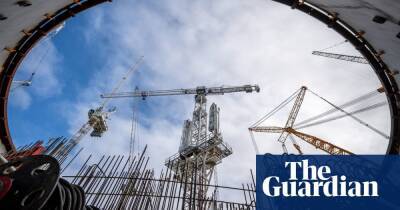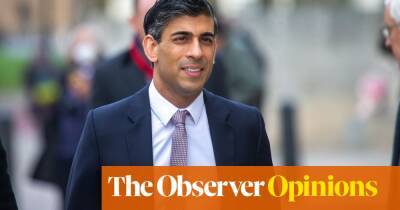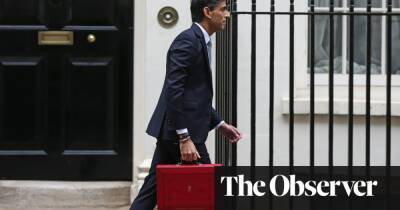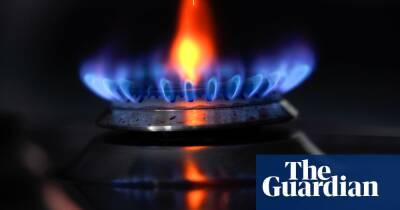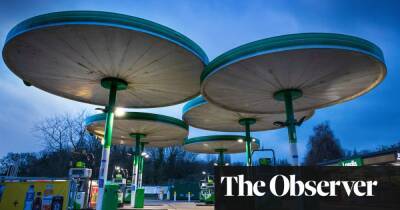Who’s profiting from the cost of living crisis? Right now, it’s big business owners
The UK’s cost of living crisis seems to escalate almost by the day. According to experts, we are facing the biggest fall in living standards since the 1970s. Announcing a phase-out of Russian oil imports, Boris Johnson spoke of “dark days ahead” – as if the days we live in were not already dark enough.
This crisis cannot be blamed solely on Russia’s brutal invasion of Ukraine. The return of high inflation may be traceable to short-term supply shocks. But the things that turn it into a crisis have been decades in the making.
In the 70s, “stagflation” – low growth coupled with high inflation – put an end to three decades of rising living standards. Now, it comes on top of a lost decade. Real wages are no higher than in 2008, when the financial crisis hit. Millions of households were already struggling to make ends meet. It does not take much to tip them into the red.
It is not just that wages have been squeezed: simply existing in the UK has become inordinately expensive. This is partly because we have gone further than almost anywhere else in turning essential goods and services into financial assets. Because people literally cannot do without them, owning these assets is a reliable way to extract huge rents while doing very little. By putting the means of a decent life in the hands of private gatekeepers whose only concern is to maximise their rents, we have built an economy that systematically inflates costs for consumers while also driving down wages.
The most obvious and egregious example is housing. When soaring housing costs are taken into account, living standards have been falling for most working-age households since 2002. House prices have risen 20% since the start of the pandemic and are at a record high, both in
Read more on theguardian.com










